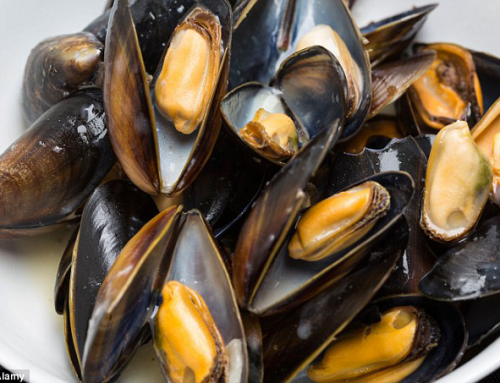If you fail to properly fuel your car, it won’t run effectively. The same goes for your body. Of course, we all know when to add gas to our cars because of the fuel gauge. Because your body doesn’t come equipped with such an easy-to-read indicator, it’s essential for your performance and your health to know when and how to hydrate.
Proper hydration before, during and after a run or workout is imperative to meeting your goals. When dehydrated, your body won’t effectively transfer heat. When your body fails to transfer heat, your heart rate increases, which negatively affects your performance and your body. This is especially dangerous when working out in hot weather.
Knowing what to drink, and when to drink it, is vital. Follow these simple steps to stay hydrated, maintain good health, and get the most out of your run.
Before Your Run or workout
It’s good to hydrate at least 30 minutes prior to any workout, but 60 to 90 minutes in advance is best. Try to consume at least 16 ounces one hour before, or 4 to 6 ounces if hydrating 30 minutes before your workout.
Avoid popular bottled sports drinks, as they often contain artificial ingredients or dyes. Look for all-natural, alkalizing options, such as Pre-Workout Energizer or Electrolyte Hydrator, which can be easily mixed into cold water.
If you plan to run longer distances-10 miles or more-work on proper hydration a few days prior to your race, rather than focusing on the day of the race. Your urine should be the colour of diluted lemonade for the few days leading up to the race, and you should be urinating often. Eliminate alcohol consumption, as this is counterproductive to your goal of running in a perfectly hydrated body.
During Your Run or Workout
Some experts believe one should abstain from water during a run, but several studies show that workouts fare better when properly hydrated. Dehydration during a run can cause cramping. However, in order to avoid the sloshy stomach effect, limit the amount you drink during your workout
Every 20 to 30 minutes during your run or workout, consuming 4 to 6 ounces of water should suffice to prevent dehydration. However, the amount of water you’ll need also depends on the length of your run or workout, the temperature and how much you perspire. If you’re a heavy sweater, increase your consumption to 6 to 8 ounces per 20 to 30 minutes. A good rule of thumb is to drink only when you feel thirst.
When you sweat, your body loses salt, or electrolytes. On longer runs consider using lemon water, which adds natural sugars and carbohydrates that better fuel your run and increase endurance. Lemon water also contains several essential electrolytes, including potassium, which helps balance the body’s fluids and electrolytes.
After Your Run or Workout
It’s essential to continue proper hydration immediately following your workout for a fast recovery. Check your urine. If it’s darker after, you’re not properly hydrated.
Try drinking cold coconut water, which contains natural sugars and high levels of potassium. Drink slowly and often. You can also make a blended smoothie with coconut water, a banana, a scoop of hemp protein for a delicious, alkalizing and dairy-free recovery drink.
Your body is a machine. Keep it properly fuelled, and it will work harder for you






Leave A Comment